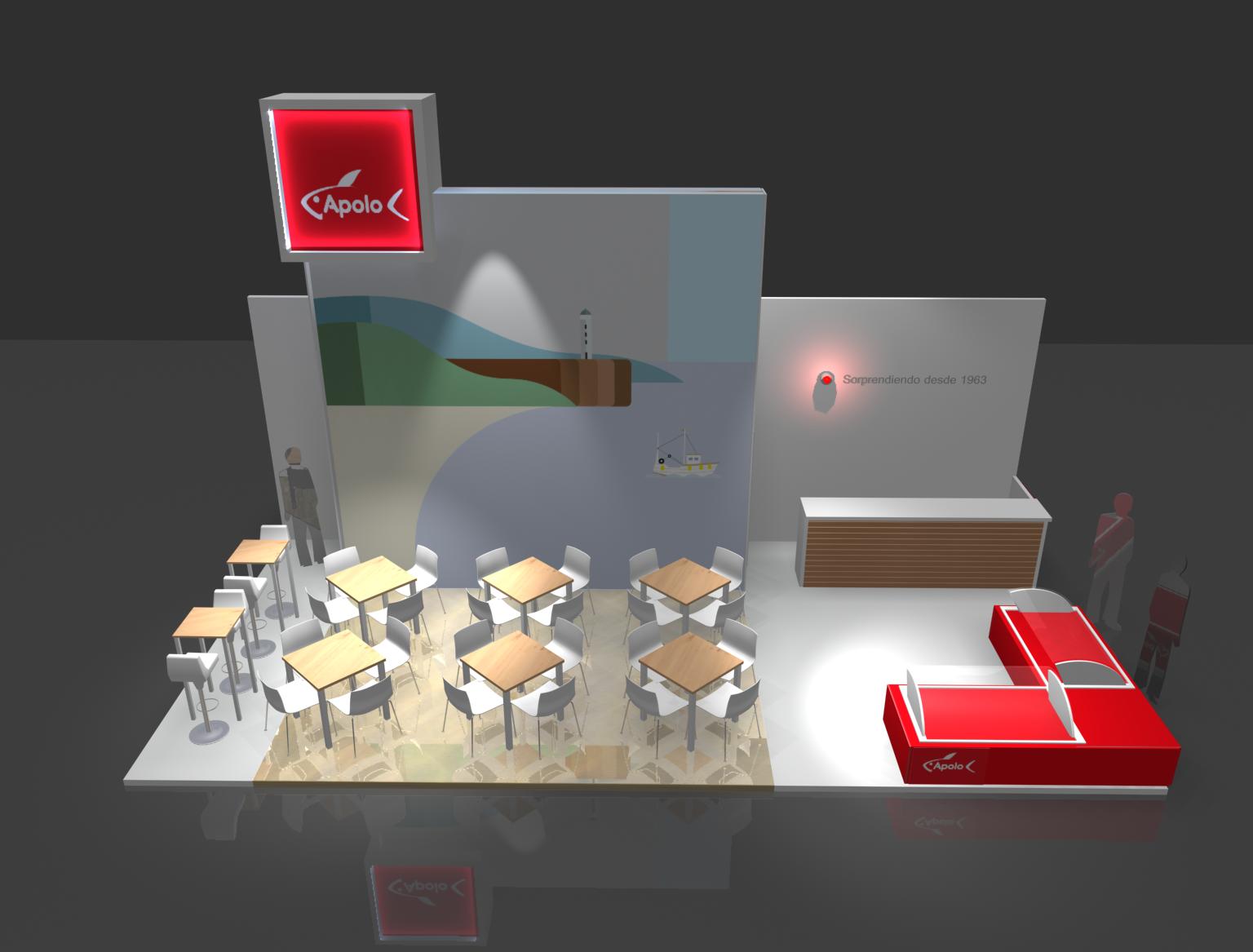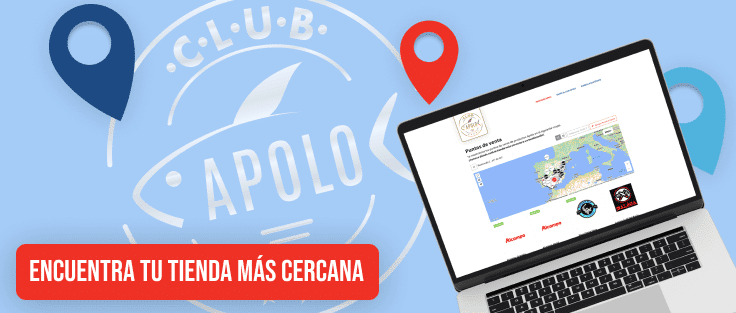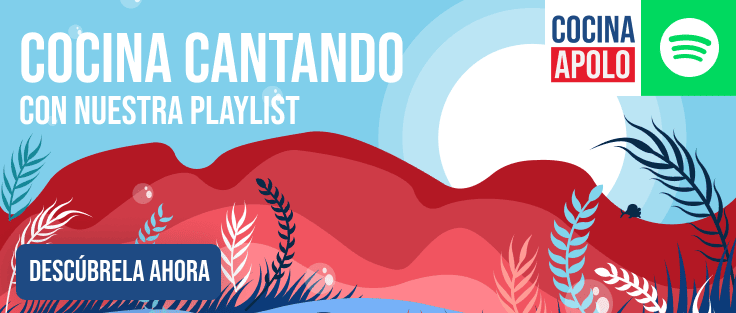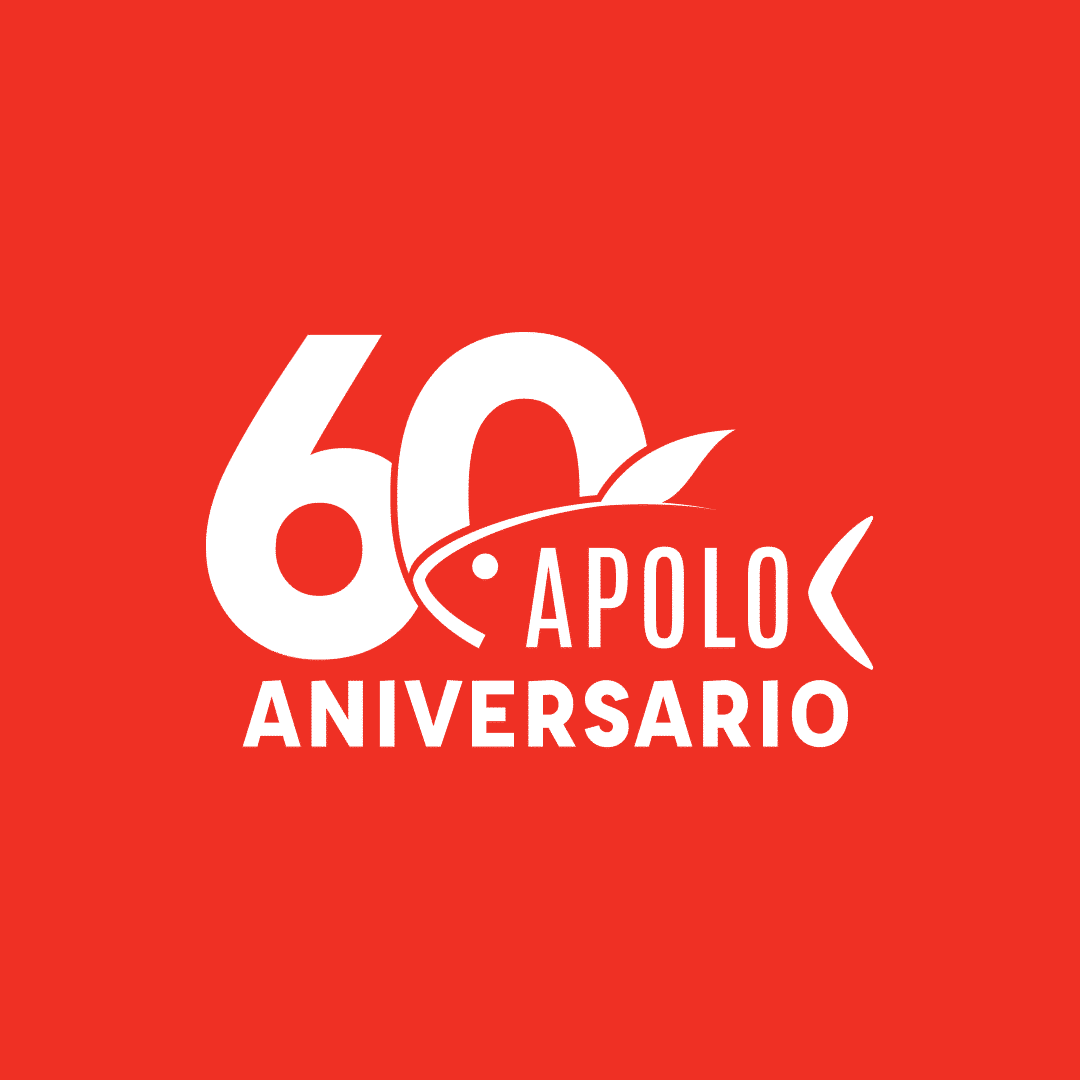Congelados Apolo will be present for the seventh consecutive year at the International Frozen Seafood Products Fair (Conxemar) (Conxemar), the reference meeting of the sector that will be held in Vigo from October 5th to 7th.
This fair, which is expected to attract some 40,000 people, is the best showcase not only for seafood products, but also for frozen meat, vegetables, bakery, ice cream, as well as those related to flooring, containers, packaging, containers or machinery. They will do so in a total of 31,500 m2 of exhibition area.
In this edition Congelados Apolo, Andalusia’s leader in the frozen sector, will occupy stand J14 with seafood cocktails, salads, prawns, Vanamei prawns, tilapia, shrimps and octopus.
Conxemar 2015 is an opportunity to present new products worldwide and to initiate business relationships and learn about the latest advances in technology related to the fishing sector.
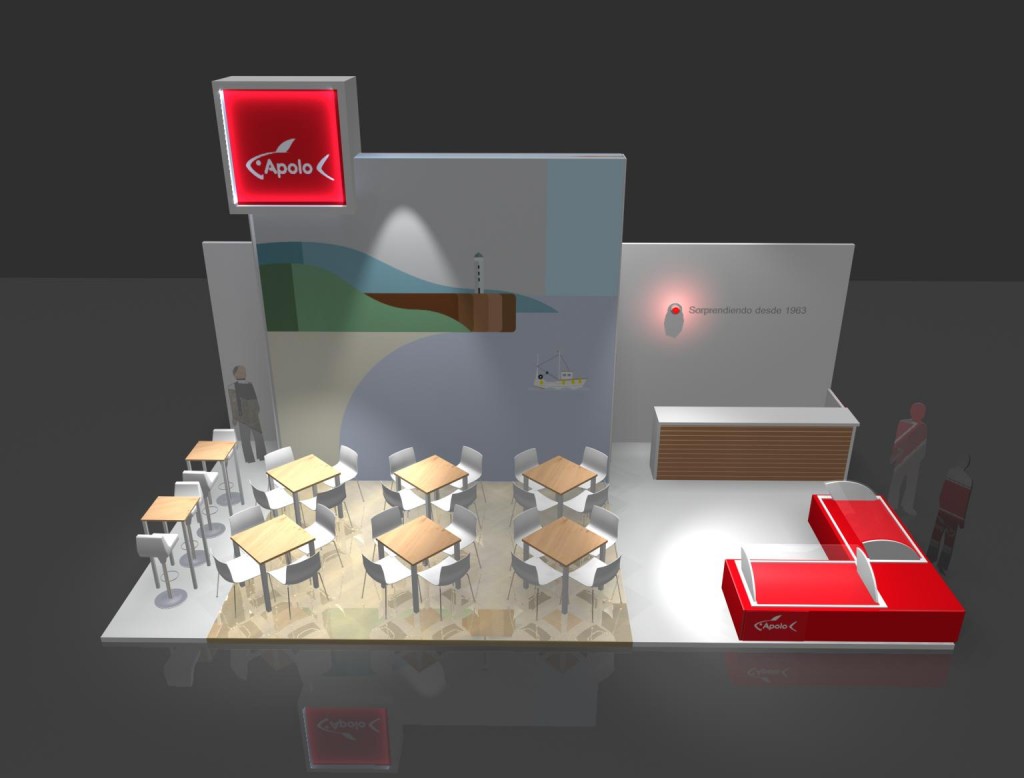
Occupation in Vigo
Two weeks before the meeting, hotels in Vigo already have 90% occupancy, as reported by La Voz de Galicia, but it will certainly reach 100% as Conxemar is a tourist attraction for the city in October comparable to the best peak in August.
There are many visitors who do not want to miss the 520 exhibitors from forty countries. In fact, the fair has already confirmed the presence of 26,219 registered visitors from 94 countries.
Conxemar agreement with FAO
A big news of this XVII edition is that Conxemar and the Food and Agriculture Organization of the United Nations (FAO) have renewed the agreement that has united them since 2012. Last Tuesday, according to Faro de Vigo, they signed in Rome a new alliance that extends for four more years their collaboration.
It means that the international organization again relies on this fair for the celebration of the world congress in which the 20th anniversary of the Code of Conduct for Responsible Fisheries will be celebrated. During this meeting, the evolution and future challenges of this code will be analyzed.
As explained in the program on the fair’s website, the code of conduct has been adapted to the changes in fisheries and aquaculture over the last two decades, with international action plans and instruments for the fight against illegal, unreported and unregulated (IUU) fishing, eco-labeling for certification and guidelines for artisanal fisheries.

